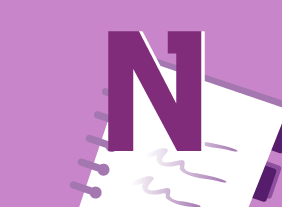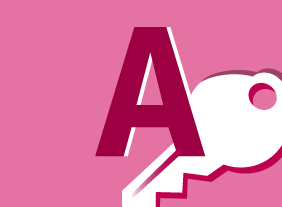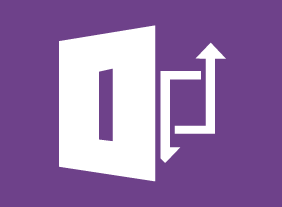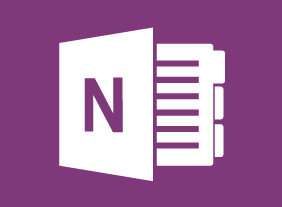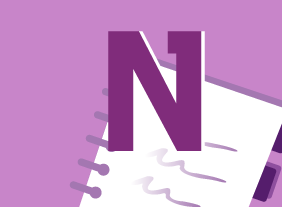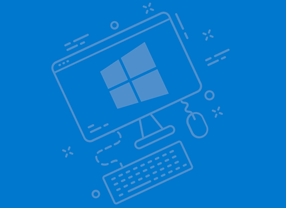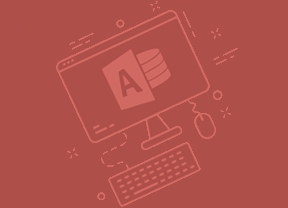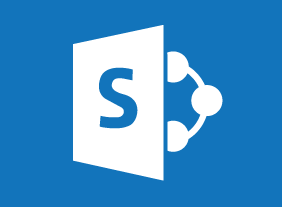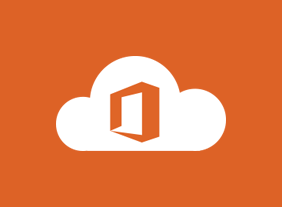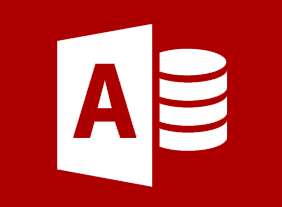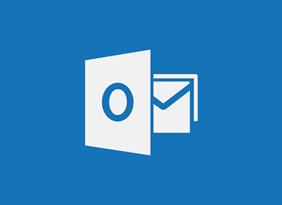-
Identifying and Combatting Fake News
$99.00After you complete this course you will be able to: define fake news, recognize the difference between fake news and objective reporting, understand the impacts of fake news on your organization, examine proactive strategies and how they work, learn reactive strategies and why they are essential, discover opportunities for promotion and growth within fake news , and create your own fake news action plan. -
Critical Thinking
$99.00In this course, youll learn what critical thinking is all about, what characteristics a critical thinker has, and what skills you may want to work on. Then, youll work your way through a seven-step critical thinking model. Supporting skills, such as asking good questions, applying common sense, and thinking creatively, are also covered. -
Conference and Event Management
$99.00In this course, you will learn all the essentials of event planning, including setting objectives, budgeting, using committees, advertising, choosing a venue, selecting a menu, developing takeaway items, gathering feedback for the plan, hosting the event, and evaluating how it all went. -
Microsoft Excel Online: Adding Pictures and Shapes
$99.00In this course you will learn how to insert pictures and shapes, and format shapes. -
Basic Internet Marketing
$99.00In this course, you will learn how to market online, where your target market is, and what results you are getting. You will also learn about search engine optimization, e-mail campaigns, pay per click advertising, and more. -
Windows 10: May 2019 Update: Troubleshooting, Updates, and Security
$99.00In this course you will learn how to use automatic troubleshooting, use the Windows Update tool, and use updated Windows Security features. -
Introduction to HTML and CSS Coding: Styling Text with CSS
$99.00In this course you will learn how to change the font-family of a section of text, change the font size of a section of text, use additional CSS text properties, including font-style, font-weight, line-height, and text-align, and use the CSS font style shorthand. -
Becoming Management Material
$99.00After you complete this course, you will be able to define your role as a manager and identify how that role differs from other roles you have had, understand the management challenge and the new functions of management discover how you can prepare for and embrace the forces of change, identify ways to get you and your workspace organized and get a jump on the next crisis, identify your leadership profile and explore ways to use this knowledge to improve your success as a manager, enhance your ability to communicate with others in meetings and through presentations, and create an action plan for managing your career success. -
Continuous Improvement with Lean
$99.00In this course, you will learn about developing continuous improvement strategies in the workplace using Lean methodology. The course focuses on the Identify Plan Execute Review cycle, and wraps up with an in-depth case study to help you practice what you have learned. -
Budgets and Managing Money
$99.00To start this course, you will review the fundamentals of finance (including basic terms, generally accepted accounting principles, and financial roles in an organization). Then, you will learn about different types of budgets and a six-step budgeting process. You will also learn how to monitor budgets, perform basic ratio analysis, and compare investment opportunities. -
Anger Management: Understanding Anger
$99.00This course will help you identify how anger is affecting you. You will also learn about the anger process, trigger thoughts, behavior types, and coping strategies.




